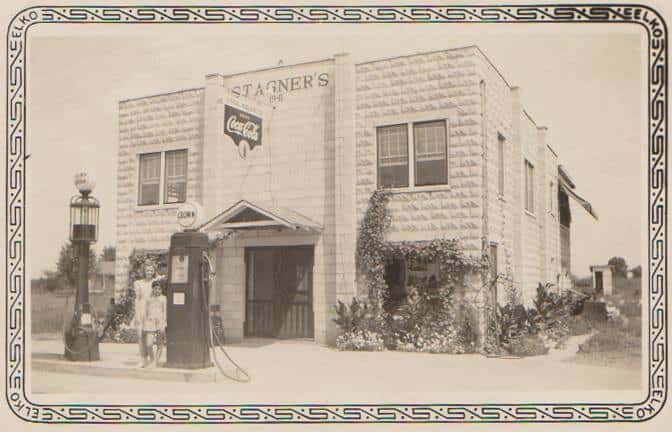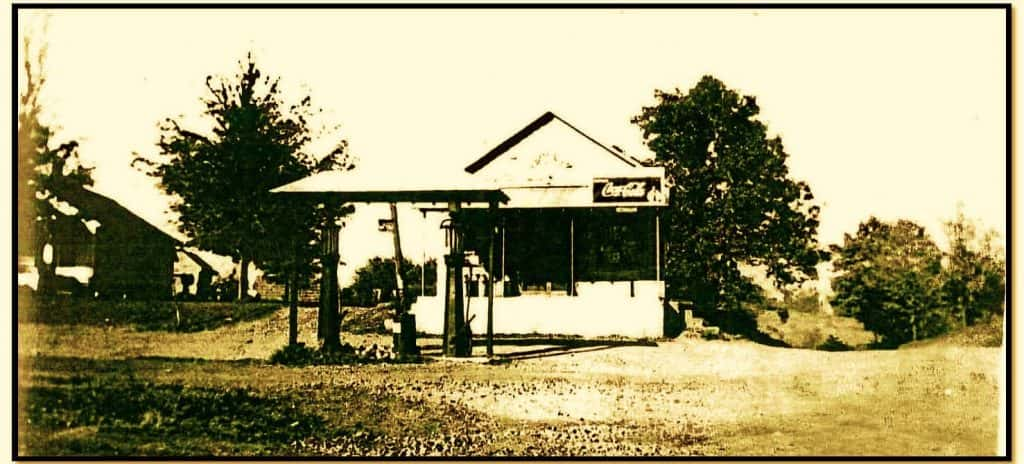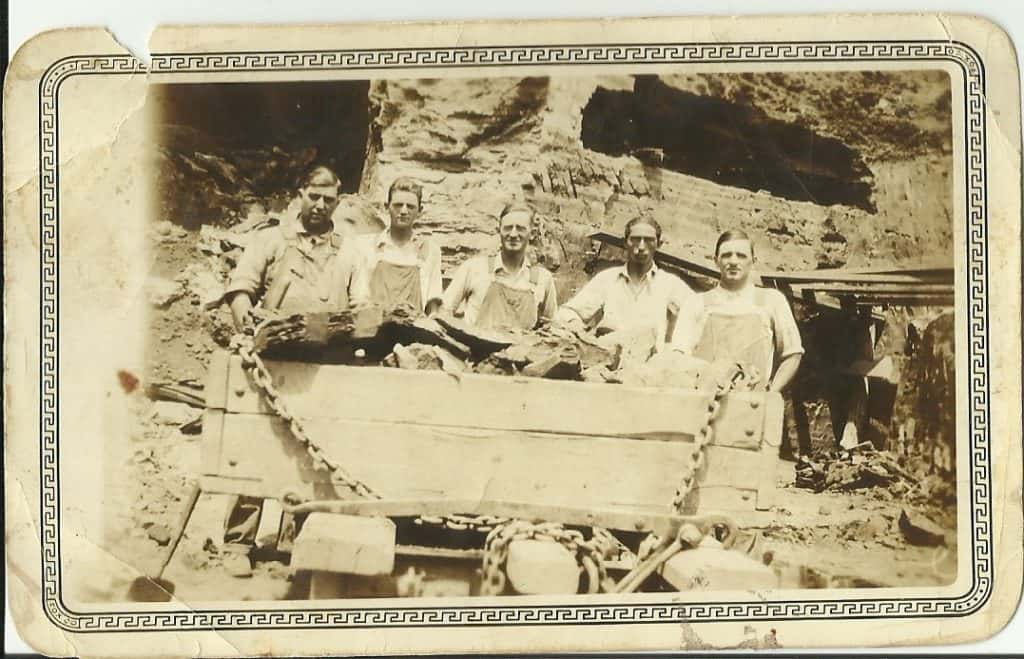OLD MARSHALL COUNTY COMMUNITIES
PART III
WRITTEN BY JUSTIN LAMB
With the passing of time, several communities and towns have disappeared from Marshall County’s map. We continue our look back at some of those once bustling settlements that are now only footnotes in Marshall County’s past:
SHARPE:
Sharpe was settled in 1820 and was originally known as Oakland. Absolum Johnston was the first settler and he operated the first horse mill in the county. The community soon had a post office in J.H. Johnston’s General Store. When the mail began to be mixed up and sent to another Oakland post office in Bowling Green by mistake, the post office inspector insisted the Marshall County Oakland post office had to be changed. According to local oral history, Mr. Johnston stubbornly refused to change the name of his post office, but finally relented and told the inspector, “Well, if you’re so sharp, you rename the post office!” The inspector did and Sharpe was born. The first school in Sharpe existed well before the Civil War and in 1917, a two year high school was formed which was the first in the county. The Sharpe Green Devils basketball team won the 1938 state championship. Omar Stagner owned a successful grocery in Sharpe for many years. The small community of Ozan was located slightly north of Sharpe until the early 20th Century when it became a part of Sharpe.

Stagners Grocery in Sharpe.
POSSUM TROT:
Possum Trot was located on HWY 62 near Calvert City. The origin of the name has been disputed for many years. Some believe it got its name because many of the young people in the area would often trot down the road, so much so, that they were called ‘possum trotters.’ Another claims some men were hunting possums one night around the school and a local man named Uncle Buck Bolin tracked a rather large possum and yelled out to his hunting partners, “Boys we’d better shoot before he hits the path and strikes a trot or we’ll never get him.”
OAK LEVEL:
Oak Level was established before 1850 and the first store was operated by Allen Nance. The origin of the community’s name is unknown. The first school was made of logs and came into existence before the War Between the States. Sam Turner and Sol Riley opened another general store following the war, and in 1875, a tobacco warehouse was built by Turner Harrison Hall, George Shemwell, and Gabe Allen. Oak Level also had a saloon and a blacksmith shop. Nearby Oak Level was the small community of Vanzora which was believed to be named after an early settlers two children, Van and Zora.
OLIVE:
Olive is one of the oldest communities in Marshall County having been founded before 1842. The community was named after the Mount of Olives in the Bible and was first settled by the Chandler family. It had a blacksmith shop, grist mill, three general stores, and a post office. In the early days, it had one union church which was shared by the Methodist and Baptist Church. Now each church is housed in its own separate buildings. Olive had a Masonic lodge and a school that operated until the 1950s.

Solon Henson grocery in Olive, 1940s
HARVEY:
The community was named for James Harvey Ivey who opened a general store in the area shortly after the Civil War. A post office was established in his store which operated until the establishment of rural routes. Following Ivey’s death, the store shut down and was demolished. The bricks from the store was used in the construction of many of the old building in downtown Benton. Years later, John Ed Barnes opened a successful store which operated for many years. The community is home to Pleasant Grove United Methodist Church.
BRIENSBURG:
The community was named for State Representative James Brien who was a blacksmith in the area. The village was incorporated in 1861, but had been settled as early as 1819. The town prospered following the Civil War and an effort was made to move the county seat to the town, but failed. At the height of the town’s prosperous days, Briensburg had seven businesses, a Masonic lodge, hotel, tobacco warehouse, telephone exchange and a large school. A clay mine was operated in the community for numerous years. The community is home to three churches: Baptist, Methodist, and Church of Christ.

Briensburg clay mine, 1920s.
